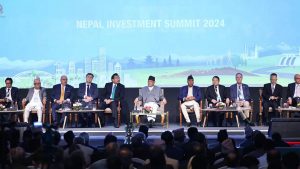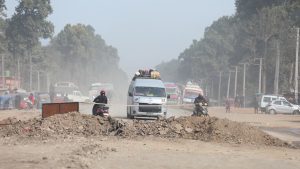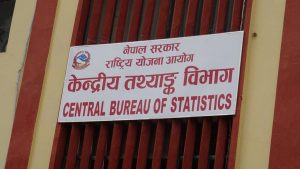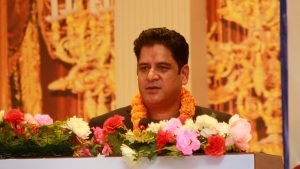
NEA Expands EV Charging Network with 51 New Stations

The Nepal Electricity Authority (NEA) has taken a major step towards promoting electric vehicles (EVs) by inaugurating 51 fast charging stations across the country. The move aims to make EV charging more accessible to the public, positioning these stations along major highways in all seven provinces, bus parks, and metropolitan hubs.
Minister for Energy, Water Resources, and Irrigation, Shakti Bahadur Basnet, along with Secretary Dinesh Kumar Ghimire, jointly inaugurated one of these charging stations located within the Nepal Police Club in Bhrikuti Mandap.
These charging stations were established under the Electric Vehicle Charging Infrastructure Development Project, utilizing investments from NEA, concessional loans from the Asian Development Bank, and technical assistance from the Norwegian government, amounting to approximately Rs 400 million.
Of the 51 charging points, 26 are equipped to charge various types of vehicles, including big buses, microbuses, trucks, pickups, and cars, while the remaining 25 stations cater to both big and small cars.
NEA’s Executive Director, Kulman Ghising, announced plans to further expand the charging network by installing an additional 500 charging stations across the country.
NEA has set charging fees at 70 paisa per kilometer for cars, 80 paisa for SUVs, 90 paisa for microbuses, and Rs 1.20 for buses. Each charging station is equipped with a 142-kilowatt capacity charger, a 50 kVA transformer for power supply, and an online billing system.
To enhance user convenience, all 51 stations will be monitored and controlled from Kathmandu, offering easy payment options through QR codes and mobile apps after the vehicle charging process is complete.














Comments